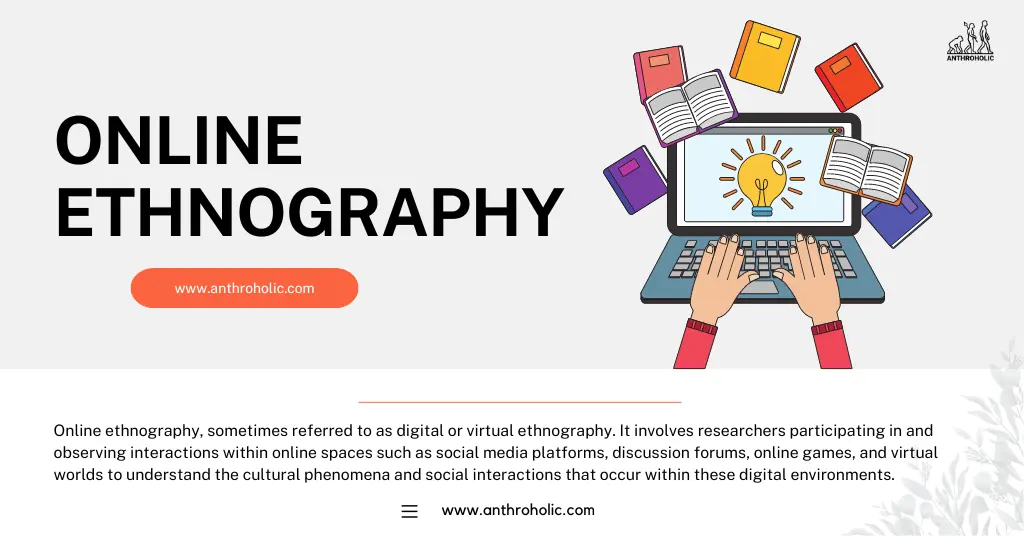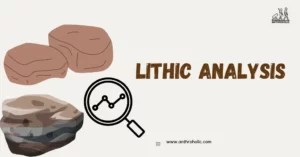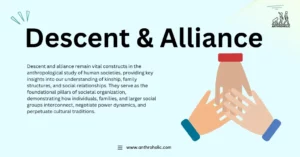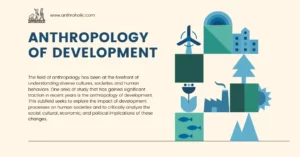AI Answer Evaluation Platform Live Now. Try Free Answer Evaluation Now
Online Ethnography
Ethnography is an anthropological research methodology that originated in social and cultural anthropology [1]. Online ethnography, sometimes referred to as digital or virtual ethnography. It involves researchers participating in and observing interactions within online spaces such as social media platforms, discussion forums, online games, and virtual worlds to understand the cultural phenomena and social interactions that occur within these digital environments [2].

Importance and Relevance of Online Ethnography in Today’s Digital Age
Online ethnography is increasingly important as our lives become more intertwined with the digital world. Online ethnography provides valuable insights for fields beyond anthropology, contributing to our understanding of how digital technologies shape societal trends, consumer behavior, and personal identities. It’s a powerful tool for understanding the impacts of the digital age and for informing policy-making, product development, and other practical applications.
Methods in Online Ethnography
Online ethnography, much like traditional ethnography, relies on a suite of methods tailored to the unique contexts of digital environments. Here are some of the key methodologies:
- Observation: Ethnographers immerse themselves in the online community they are studying, much as they would in a physical community. They might join an online forum, follow a hashtag on social media, or play an online game to observe the interactions and behaviors within those digital spaces.
- Participation: Active engagement is a key part of the online ethnographic process. It involves the researcher taking on roles within the community, engaging in conversations, and often becoming a community member themselves.
- Interviews: Interviews can be conducted in a variety of formats in online ethnography. They might be carried out through private messaging, video calls, or even within the online community itself (like a public Q&A session in a forum).
- Content Analysis: Online ethnographers also analyze the content generated within digital spaces – for example, posts, comments, images, and videos. This can provide insights into the values, attitudes, and interests of the community.
These methods allow online ethnographers to collect rich, qualitative data about digital cultures and online interactions.
Ethical Considerations in Online Ethnography
Conducting ethnographic research online brings forth several ethical considerations, many of which are unique to the digital context. Here are some of the main concerns:
- Privacy: Online spaces often blur the line between public and private. A forum thread or a social media post might be publicly accessible, but users may still have an expectation of privacy. Researchers must consider this and respect the privacy norms of each online community.
- Consent: Traditional ethnography typically involves obtaining informed consent from the participants. However, in online spaces, it might not always be feasible or appropriate to obtain individual consent, especially when studying large or public online communities. One possible solution is to seek ‘group consent’ from the moderators or administrators of the community.
- Anonymity: The anonymity of online spaces can complicate ethical considerations. Researchers need to think carefully about how to present their findings in a way that protects their participants.
- Data Storage and Protection: Given the digital nature of the data collected in online ethnography, careful consideration must be given to data storage and protection. Researchers must ensure the data they collect is stored securely to prevent unauthorized access, and that it is disposed of appropriately at the end of the research project
These ethical considerations require careful thought and planning, and researchers must always strive to ensure their work is conducted in a way that respects the rights and dignity of the participants.
Limitations and Challenges in Online Ethnography
While online ethnography provides an important lens through which to understand digital cultures and behaviors, it is not without its limitations and challenges:
- Authenticity of Data: Online environments can sometimes be characterized by anonymous or pseudonymous identities, which may lead to questions about the authenticity of the data collected. This can pose a challenge to understanding and interpreting online phenomena.
- Misinterpretation: Given the textual nature of many online interactions, there’s a risk of misinterpreting the intent or tone of a conversation. Online communication often lacks the non-verbal cues that provide context in offline communication, and so the meaning might not always be clear. Emojis, for example, can be interpreted in various ways, and a researcher’s understanding may differ from the original intent.
- Contextual Understanding: Online spaces have their own languages, norms, and cultures, and it can take time for a researcher to fully understand these. Additionally, online interactions often occur across different platforms, and tracking these multi-platform interactions can be challenging.
- Access to Data: While the Internet offers a vast array of data, accessing it can be problematic. Issues such as changing privacy settings, disappearing data due to platform updates, and the challenge of gaining access to private communities can make data collection difficult.
- Temporal Limitations: A popular online space may become abandoned, or a platform’s policies or features might change during the course of a research project, presenting challenges for longitudinal research.
Advancements and Future Directions in Online Ethnography
The field of online ethnography is continuously evolving, shaped by the rapid advancement of digital technologies and new forms of online interaction. Here are some potential advancements and future directions:
- Virtual and Augmented Reality (VR/AR): Studying how people interact within these spaces could provide valuable insights into human behavior, cultural practices, and social norms in these environments.
- Social Media Analytics: Social media analytics, including sentiment analysis and network analysis, can complement traditional ethnographic methods, allowing researchers to study large-scale patterns in addition to individual interactions.
- Hybrid Ethnography: As the distinction between online and offline life continues to blur, researchers will likely increasingly need to combine online and offline ethnographic methods to fully understand the cultures and communities they are studying.
Online ethnography is a dynamic field, continually shaped and reshaped by technological advancements and changes in online behaviors. As we continue to navigate the digital age, this research approach will remain an invaluable tool for understanding our increasingly digital world.
References
[1] Spradley, J. P. (1979). The Ethnographic Interview. Holt, Rinehart and Winston.
[2] Murthy, D. (2008). Digital Ethnography: An Examination of the Use of New Technologies for Social Research. Sociology. https://doi.org/10.1177/0038038508094565




